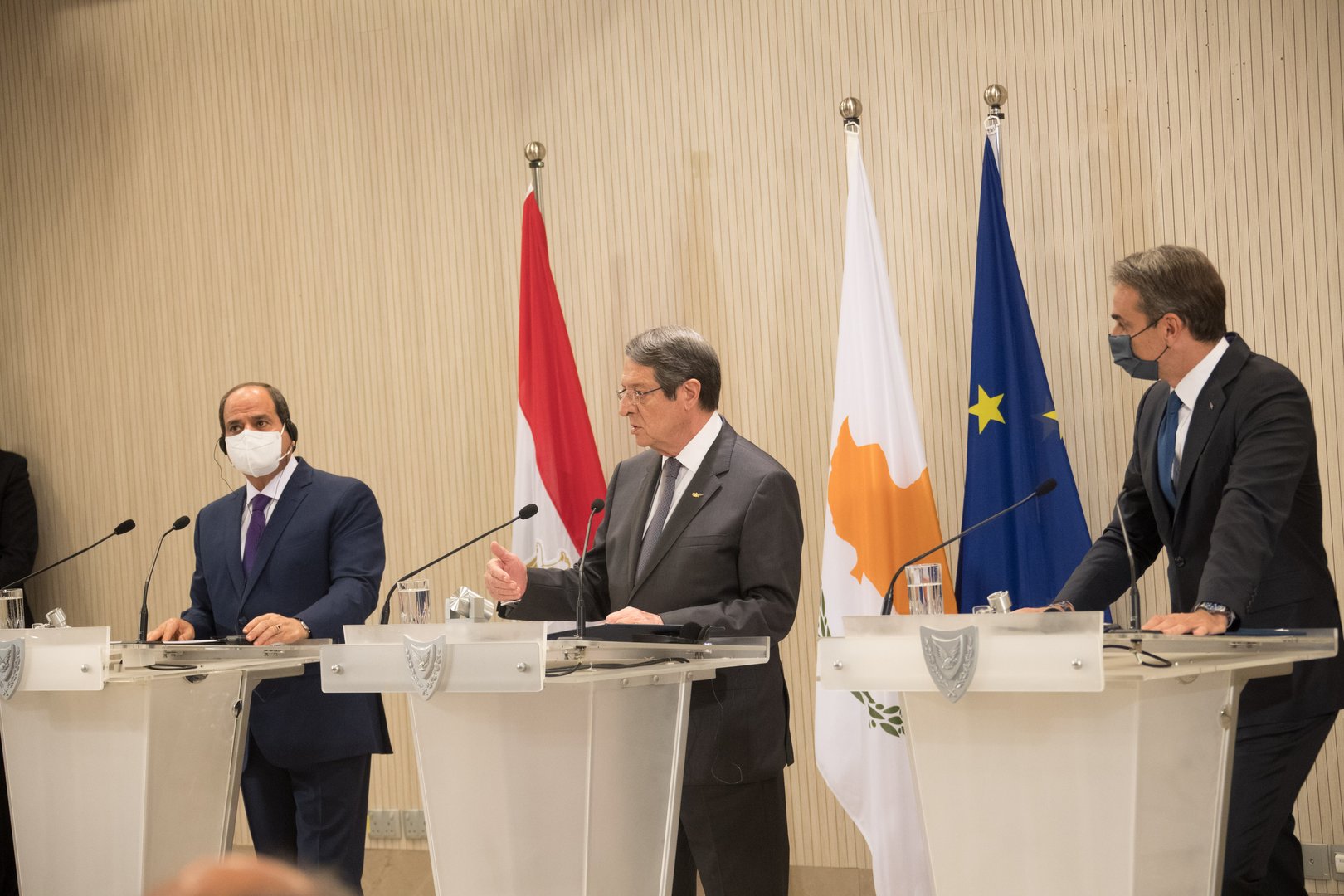One thing the Anastasiades government will be remembered for is the introduction of trilateral alliances with neighbouring countries. In reality, they were bilateral alliances of Cyprus and Greece, which were always two of the three participants, with third countries. So far there have been three such alliances – with Israel, Egypt and Jordan.
On Wednesday there will be a meeting, at leadership level, of the trilateral alliance with Jordan, indicating that our government’s initiative was not just a publicity gimmick. Developing closer relations with neighbouring countries and cooperating on a range of issues is a positive policy that benefits everyone involved.
If this was the only objective all would be fine but the government also had other ideas. By entering energy alliances with countries that were at odds with Turkey, like Israel and Egypt, it believed it would be in a stronger position to deal with Ankara’s bullying especially when it came to the exploitation of under-sea gas reserves.
Foreign Minister Nikos Christodoulides often claimed the alliances ‘upgraded Cyprus’ geostrategic significance,’ while there was even talk of the island becoming a regional energy hub. The government’s plans, however, did not work out because the alliances were viewed by Turkey as an attempt by Cyprus to keep it out of the Eastern Mediterranean and it reacted accordingly.
Turkish warships prevented the drillship of Italian company ENI reaching its drilling target in the Cypriot EEZ while Turkey systematically sent its research/survey vessels into the Cypriot EEZ for exploratory work. Cyprus’ alliances with Turkey’s foes had no effect on Ankara, which stepped up its incursions into the EEZ.
As for the role of regional energy hub, it has already been taken by our energy ally Egypt, which is not only sitting on vast quantities of under-sea natural gas but also has the liquefaction facilities to process and market it. In February, Egypt and Israel agreed to connect Israel’s Leviathan gas field, via underwater pipeline to Egypt’s LNG facilities from where the gas would be exported to Europe.
A month later, Egypt proposed an alternative solution to the EastMed pipeline, that would pass through the Cypriot EEZ, taking gas to Greece – the gas would go from Leviathan to Egypt and then to Greece via Crete, passing through the Egypt-Greece EEZ. Cyprus would be bypassed because this route was cheaper than the EastMed and there was no risk of interference by Turkey. Greece has not rejected the idea, while also embarking on talks with Turkey to resolve their sea disputes.
The trilateral alliances Cyprus has forged have their value, but they were never going to be a game-changer as the government had thought and led people to believe. It was just another political miscalculation by Anastasiades and Christodoulides.







Click here to change your cookie preferences